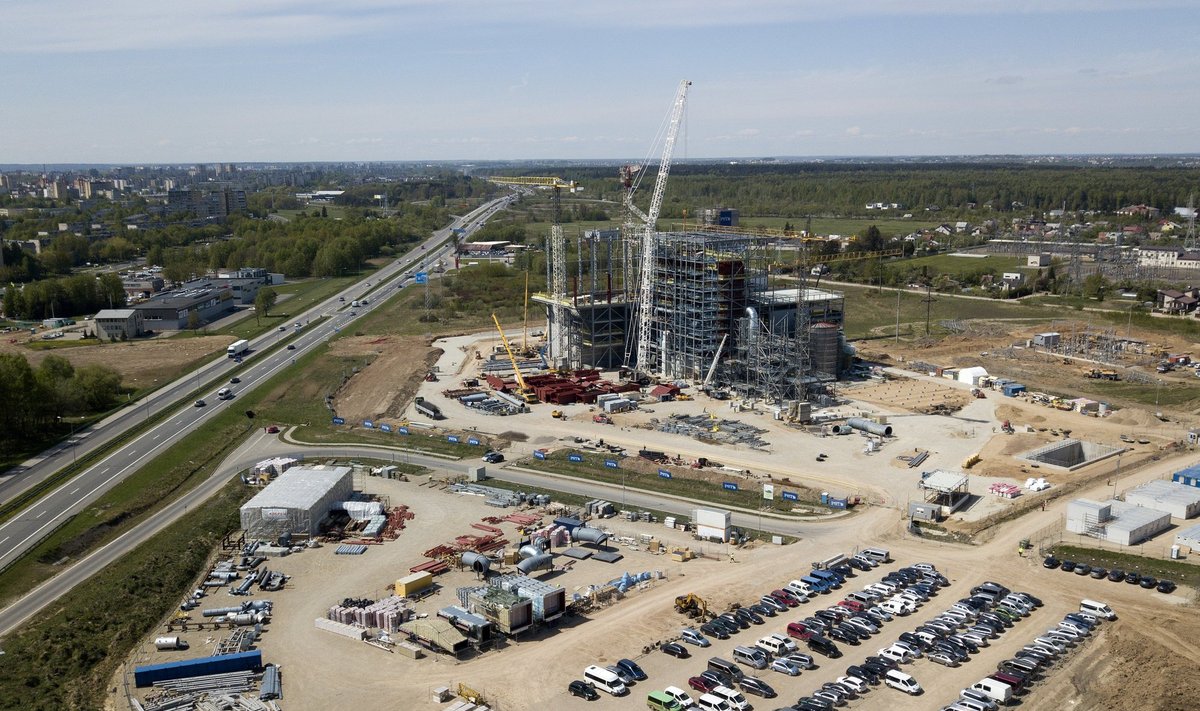That they applied to receive Commission support and expertise in achieving industrial transition and designing development strategies based on their areas of competitive strength – their so-called ‘smart specialisation' assets.
Over the past year, Commission experts sat down with national and regional authorities and diagnosed what was holding back job creation and growth.
The first results of this initiative are the launch of 12 pilot schemes, one per region or Member State, to overcome specific obstacles to industrial transition. Each of these schemes presented today will receive a €300,000 EU grant.
Regions and the Member States and their schemes:
Cantabria, Spain: Due to technological change, the regional agri-food sector has lost many jobs. With the EU grant, the region is launching a project on reskilling and professional inclusion in this sector.
Centre-Val de Loire, France: The region wants to adapt the skills of its people to the jobs of tomorrow. The EU-funded pilot scheme will help local small and medium businesses in traditional sectors develop knowledge and digital skills.
Grand Est, France: To achieve the transition towards a low-carbon economy, the region will use the EU grant to set up a hub testing solutions for energy transition in local companies.
Hauts-de-France, France: To adapt to digital and technological change, the region will use the grant to help local innovative small and medium businesses include digital technologies in their production processes or product design.
Lithuania: The EU grant will help introduce a circular economy roadmap across the whole Lithuanian industry.
East-North Finland, Finland: The region will helps its companies make use of innovation produced by other actors, like universities or start-ups incubators. The region is launching a pilot scheme to promote and finance interregional innovation in the forestry and wood industry.
Greater Manchester, United Kingdom: The region will use the EU grant to develop and test a ‘Good Employment Charter' aiming to improve skills, job quality, productivity and wages in local companies.
North-Middle Sweden, Sweden: To achieve the transition towards a low-carbon, circular economy, the region will set up a lab working on resource-efficient solutions for local businesses.
Piedmont, Italy: The region wishes to promote open innovation and develop financing mechanisms for innovation. With the EU grant, it will test new solutions in the management and financing of local industrial clusters and in the regional diffusion of innovation.
Saxony, Germany: The region will use the EU grant to seek new business models that will help decarbonise the regional automotive industry.
Slovenia: The country will set up a collaborative online and physical platform in order to develop the Slovenian industry 4.0., which includes areas like cybersecurity, cloud computing, big data or robotics.
Wallonia, Belgium: The region will test new solutions in the area of plastics, from production to consumption and recycling, and will promote circular processes for plastics in local small and medium businesses.
